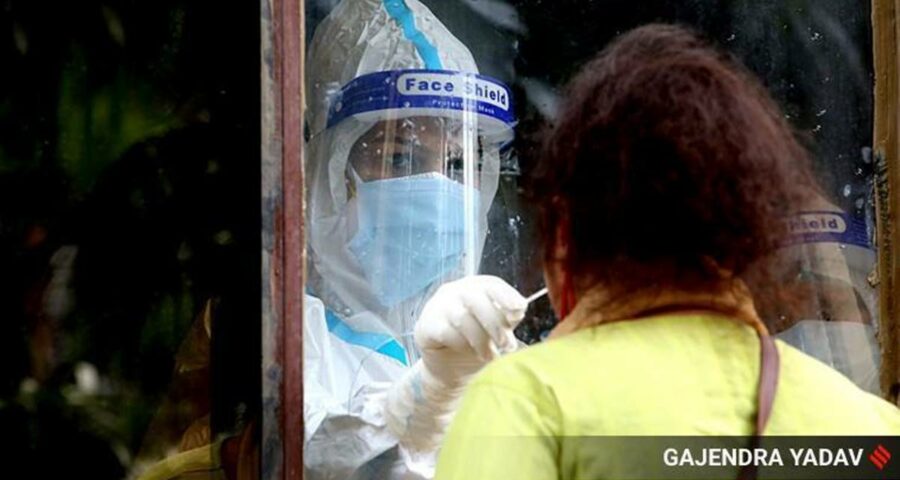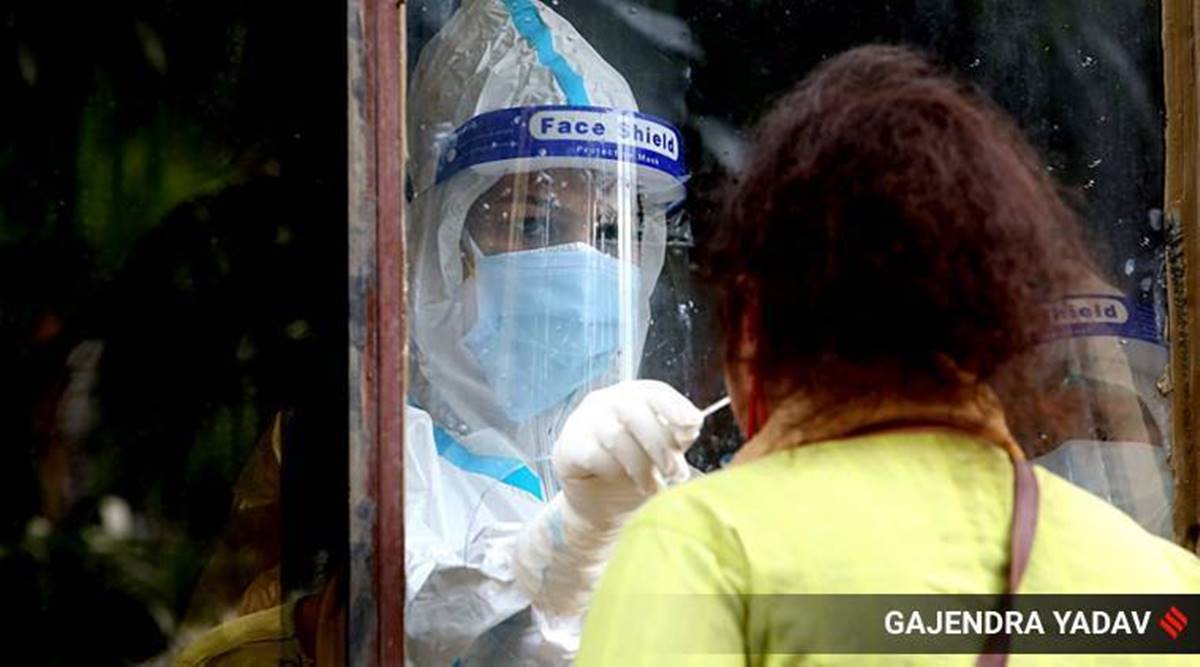Six samples were collected, including freshwater and wastewater for analysis. As per the study, two samples were collected from the Sabarmati River in September 2020 and two untreated wastewater samples were collected from Vinzol sewage treatment plant in Ahmedabad in November 2020.
In a first report of SARS-CoV-2 whole-genome sequencing from wastewater samples in Ahmedabad aimed at identifying the genomic mutations and identification of novel variants in circulation, a study has found that the first mutations akin to the now defined delta variant was in water samples as far back as February this year.
The study conducted by researchers from the Gujarat Biotechnology Research Centre and Indian Institute of Technology in Gandhinagar (IIT-Gn), was uploaded as a pre-print on July 8 and remains to be peer reviewed.
Six samples were collected, including freshwater and wastewater for analysis. As per the study, two samples were collected from the Sabarmati River in September 2020 and two untreated wastewater samples were collected from Vinzol sewage treatment plant in Ahmedabad in November 2020.
In February 2021, two samples, one being untreated and another treated wastewater, were collected from Vinzol treatment plant. The RNA was extracted from these samples and four single composite samples were prepared — one for September 2020 Sabarmati river, one for untreated wastewater from Vinzol sewage treatment plant of November 2020, one of treated wastewater from Vinzol treatment plant of February this year and another for untreated wastewater from Vinzol treatment plant of February.
The researchers noticed key spike protein mutations in the SARS-CoV-2 genome sequence with a total of 35 mutations in the spike protein across the four samples. The mutations in the SARS-CoV-2 genome from the two February samples were found “to be similar” to that of variant of concern of B.1.617.2 lineage, that is the delta variant.
“Interestingly, these mutations were absent in the samples analysed during the first wave but showed their presence (in Feb 2021) just before the devastating second wave of Covid-19, which started in late March 2021 in India. It is worth mentioning that the present study revealed the genetic signs of the delta variant in wastewater earlier in February 2021, more than a month in advance of the first case of novel B.1.617.2 variant (clinical sample) in March 2021 in Ahmedabad, Gujarat,” the study notes, authored by seven researchers from the two institute, with Madhvi Joshi of GBRC as the lead author.
The study notes that apart from the early information of variants of concern in wastewater, the researchers observed that SARS-CoV-2 variants were present in the treated wastewater sample, “indicating that the wastewater treatment plant (WWTP) failed to remove the virus.”
However, speaking to this paper, Manish Kumar, a co-author of the study and from the Discipline of Earth Science at IIT-Gn, added that there is not sufficient research available to indicate the reasons for such a finding, including whether the virus mutates in the water environment or only mutates within the body. Kumar also cautioned that the samples taken were small in this study.
Source: Read Full Article


